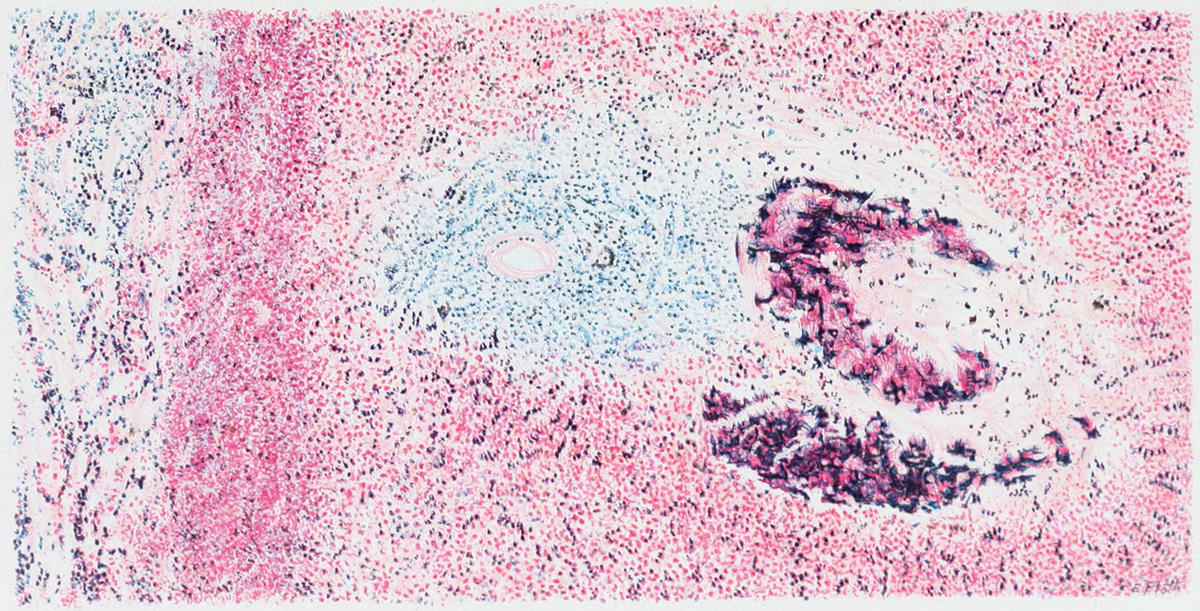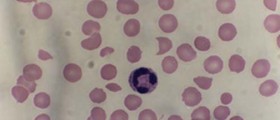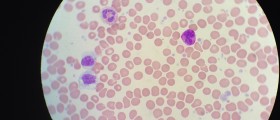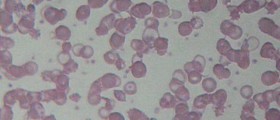
Swollen spleen usually indicates some underlying medical problem. Swollen spleen can be caused by number of reasons, followed by different symptoms and treated in different ways.
Spleen OverviewThe spleen is a lymphoid organ, located in the left side of the abdomen behind the stomach. It is protected by the rib cage. Main function of this organ is to filter the blood from disease-causing agents. The spleen performs this task by producing white blood cells called lymphocytes. The spleen also destroys and recycles old red blood cells and acts like blood reservoir that supplies the body with blood in emergency situations. The spleen weighs o.44 lbs and it is about the size of a fist. However, it can increase in size due to many medical problems. Enlarged spleen is known as splenomegaly.
Causes of Swollen Spleen
Most commonly, the spleen becomes swollen due to infections. It can be viral infections such as mononucleosis or bacterial infection like syphilis or endocarditis (infection of the heart valves). Parasitic infection such as malaria or toxoplasmosis can also result in swollen spleen. It can result of impaired liver functioning due to cirrhosis and other liver diseases. Enlarged spleen can be caused by blood diseases such as hemolytic anemia or metabolic disorders like Gaucher’s disease or Niemann-Pick disease. In severe cases, swollen spleen is the symptom of blood cancers such as leukemia and Hodgkin’s disease. Finally, it can occur due to autoimmune disorders such as rheumatoid arthritis and lupus.
Symptoms of Swollen SpleenSymptoms of swollen spleen rarely occur and most people are not aware of their condition. However, there are some common symptoms that will indicate splenomegaly. A person with swollen spleen may experience pain in the left upper abdomen that may extend to the left shoulder. Sometimes, the pain gets worse when taking a deep breath. Feeling of fullness is also present and sufferer is unable to eat large meals which eventually result in weight loss. Another symptom of enlarged spleen is easy bleeding that is due to inadequate blood clotting. Anemia, fatigue, jaundice, and frequent infections are also caused by swollen spleen.
Treatment for Swollen SpleenDiagnosis of swollen spleen is made by physical examination which involves palpating of the spleen. To confirm the diagnosis, a doctor will order diagnostic tests to identify the cause of enlarged spleen. That includes blood tests, ultrasound and CT scan. The treatment depends on the underlying cause. In severe cases, where the spleen is ruptured or when swollen spleen causes serious complications, the organ may be surgically removed. This surgical procedure is known as splenectomy. It can be performed either by laparoscopy or open surgery. After the surgery, a patient must regularly take antibiotics and be vaccinated against infections since the body will not be able to defend against infections on its own.

















Your thoughts on this
Loading...